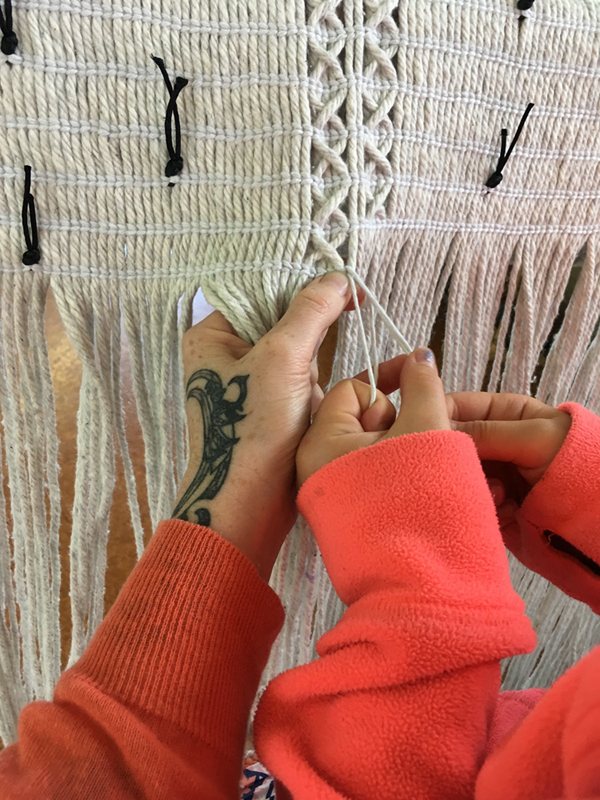Entanglements Across Time-Space: An Ekphrastic Poetic Response to "Craft, Relational Aesthetics and Ethics of Care" by Belinda MacGill
DOI:
https://doi.org/10.18432/ari29458Keywords:
craft, ekphrastic poetic response, relational ethics, postcoloniality, entanglementsAbstract
Following the protocol set out by Fetaui Iosefo (2019, this issue), I sought Belinda’s permission to write an ekphrastic poetic response to her art assemblages since, as Iosefo frames it, “if there was no ethical consent and processing … we would be no different from the colonizers” – just one more shell in my bucket. Like Fetaui, I too am responding to more than just the visuals. The essence of Belinda’s work calls me to the past and allows me to come to a different and broader understanding of my childhood experience, while also functioning as a creative trigger – hallmarks of ekphrastic poetry (Faulkner, 2009). It is only after I received Belinda’s enthusiastic response that I submitted this poetic response.
References
Faulkner, S. (2009). Poetry as method: Reporting research through verse. Walnut Creek, CA: Left Coast Press.
Iosefo, F. (2019). Settling the soul through va’ (relational) ethics. Art/Research International: A Transdisciplinary Journal, 4(1), 420-424.
MacGill, B. (2019). Craft, relational aesthetics, and ethics of care. Art/Research International: A Transdisciplinary Journal, 4(1), 406-419.
Published
How to Cite
Issue
Section
License
Copyright (c) 2019 Art/Research International: A Transdisciplinary Journal

This work is licensed under a Creative Commons Attribution-NonCommercial-NoDerivatives 4.0 International License.
Authors who publish with Art/Research International agree to the following terms:
a. Authors retain copyright and grant the journal right of first publication and the right to sublicense the Contribution, in the form in which it is published by the journal, to others under the terms and conditions of the of the Creative Commons Attribution-NonCommercial-NoDerivs (CC BY-NC-ND) that allows others to download the work and share the work with others with an acknowledgement of the work's authorship and initial publication in this journal, but they cannot change the work in any way or use any part of the work commercially.
b. Authors are able to enter into separate, additional contractual arrangements for the non-exclusive public distribution and display of the journal's published version of the work (e.g., post it to an institutional repository or publish it in a book), with an acknowledgement of its initial publication in this journal.
c. Authors are permitted and encouraged to post their work online (e.g., in institutional repositories or on their website) prior to and during the submission process, as it can lead to productive exchanges, as well as earlier and greater citation of published work (See The Effect of Open Access).
d. Authors wishing to include items (such as images or other media, or any creative works of others whether previously published or not) must contact the original copyright holder to obtain explicit permission to publish these items in Art/Research International. Writing permission should include: the title(s) of any copyrighted work, original place of publication if applicable, and an acknowledgement of having read Art/Research International's copyright notice. Authors are responsible for obtaining this permission and keeping it in their own records for later verification.



